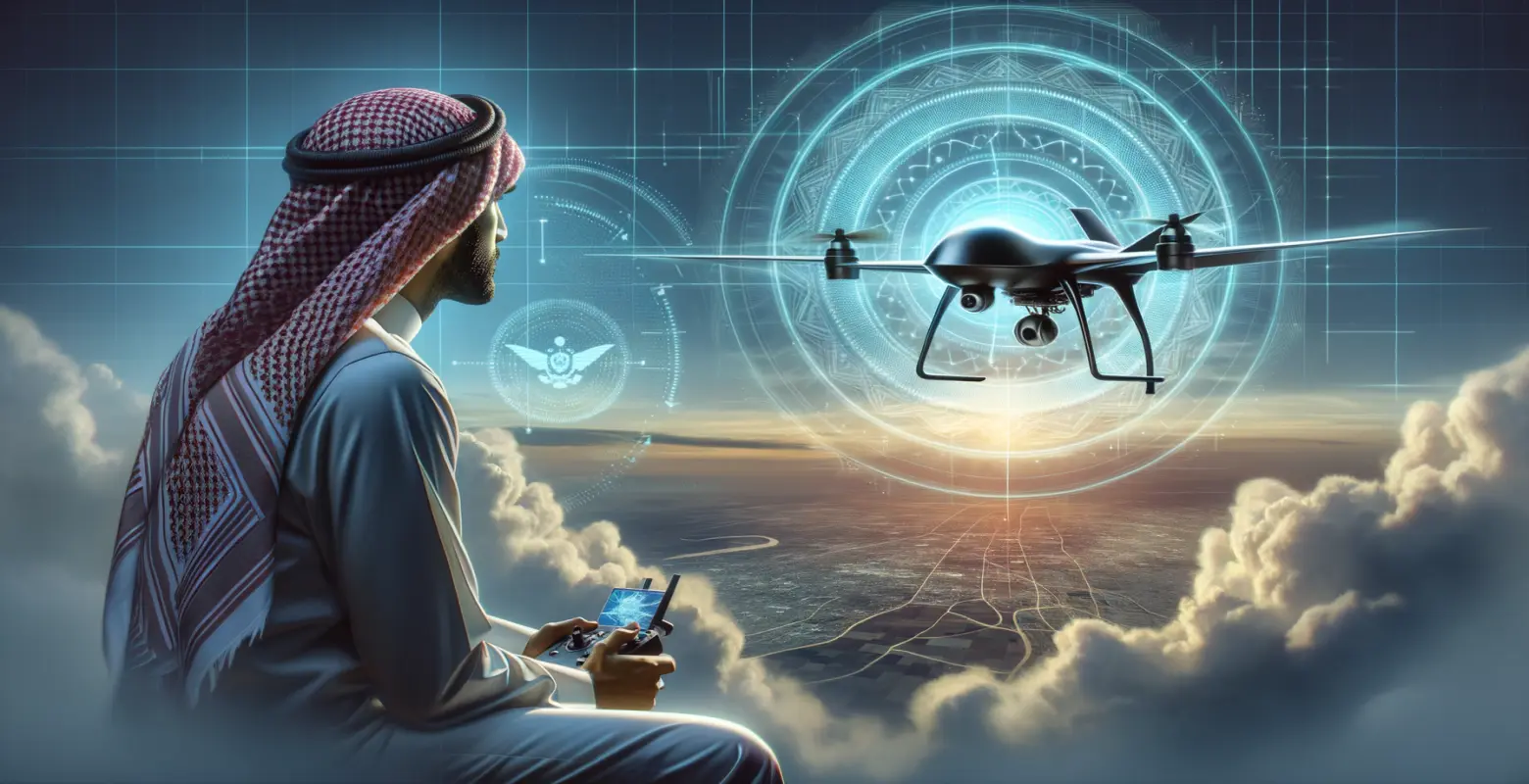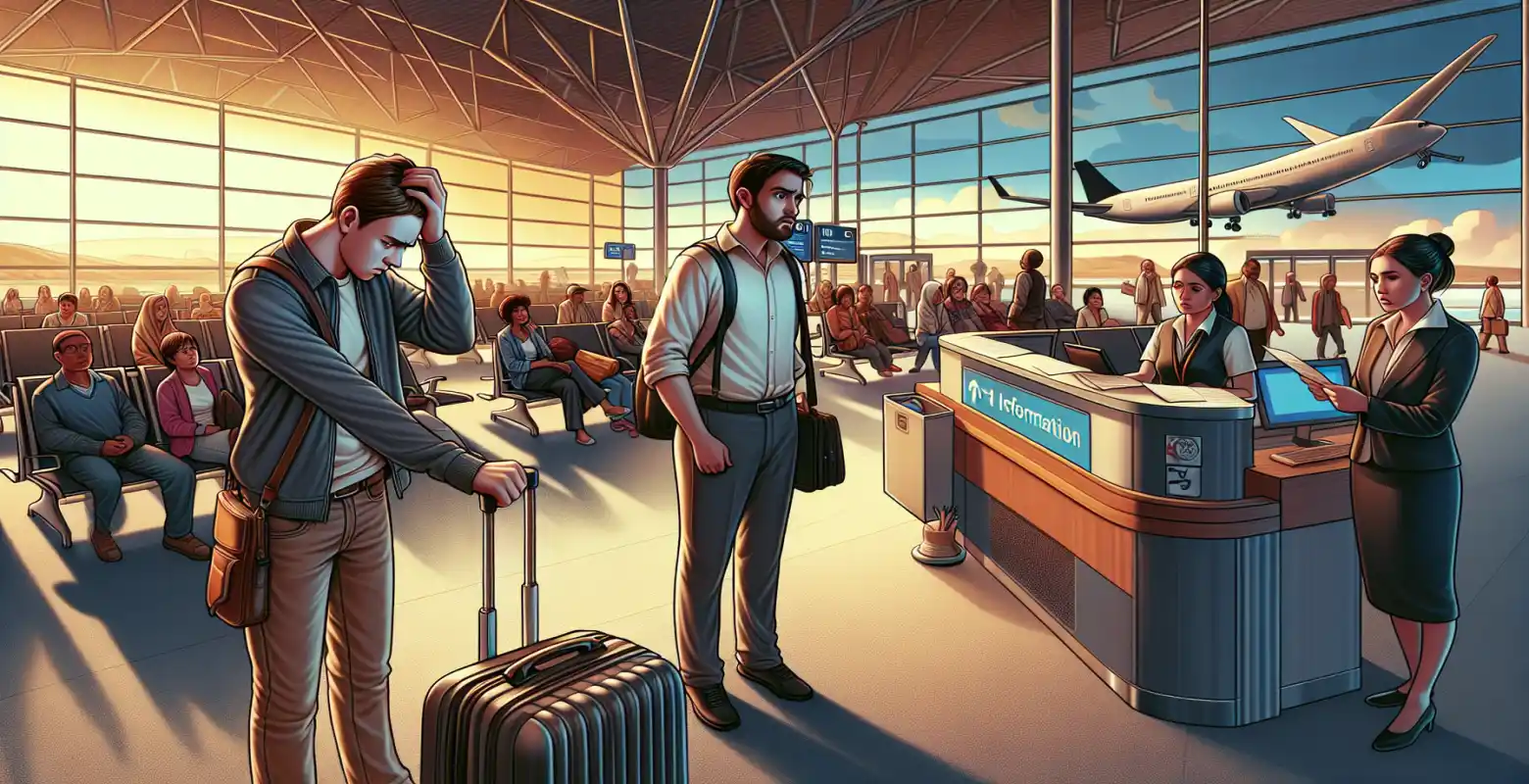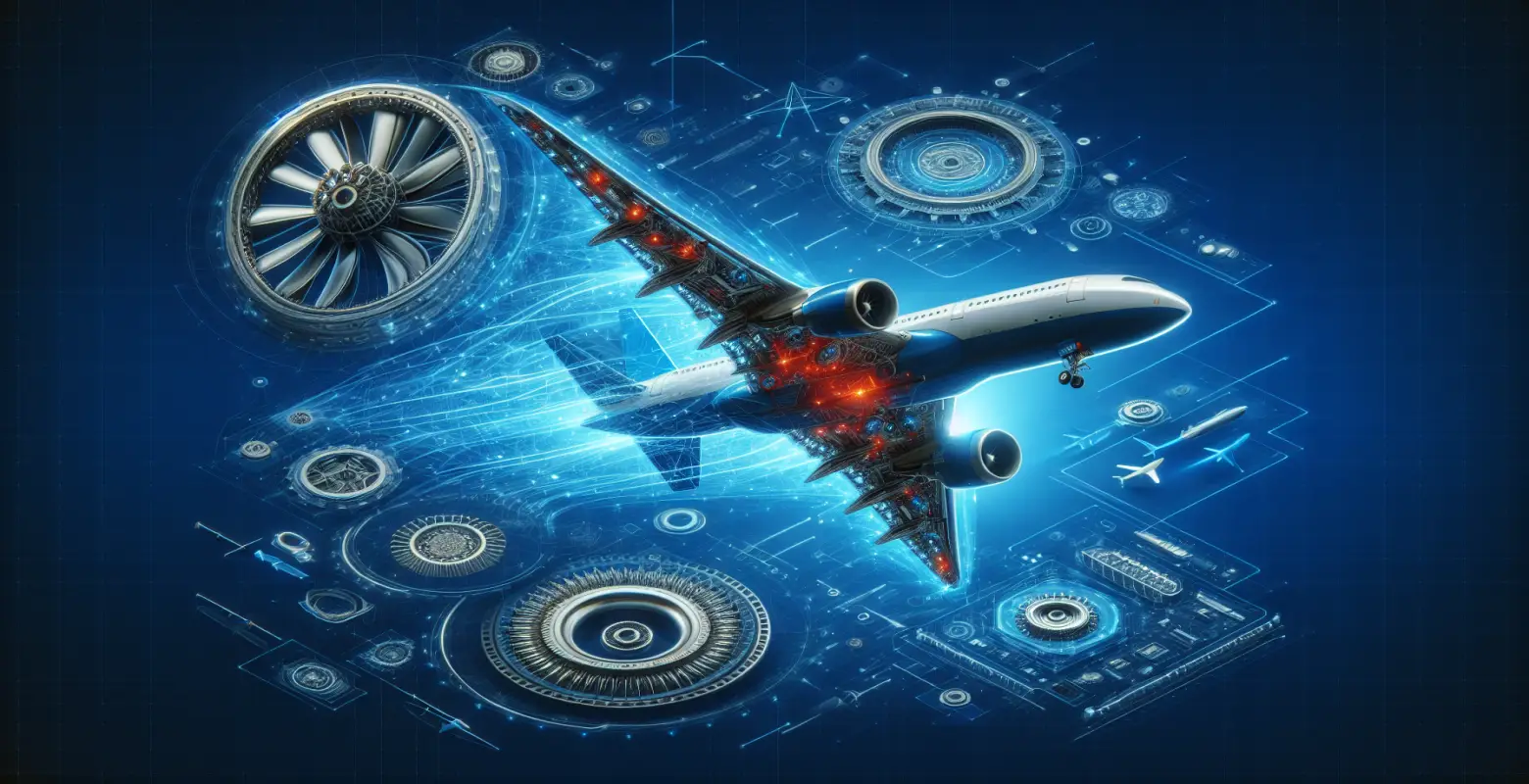Will artificial intelligence replace pilots?
Introduction
In the era of rapid technological development, the question of whether artificial intelligence (AI) will replace pilots is becoming increasingly pressing. Progress in automation and the development of autonomous systems not only changes the face of the aviation industry but also affects the perception of safety and efficiency of air transport. In this article, we will take a closer look at this fascinating issue, analyzing both the potential benefits and challenges of replacing pilots with machines.
History of Automation in Aviation
Automation in aviation is not a new phenomenon. Already in the 1930s, the first autopilots were introduced, allowing for maintaining a steady course without the constant intervention of the pilot. Over the following decades, these systems evolved, becoming increasingly advanced. Modern commercial aircraft are equipped with automatic landing and navigation systems that can take control at key moments of the flight.
Technological progress today enables almost complete automation of flight. Systems such as Fly-by-Wire, which eliminate direct mechanical connections between the cockpit and control surfaces, are widely used in modern aircraft. The presence of computers in the cockpit, capable of making complex decisions in real-time, raises the question: how far can we go in automation?
Technical Aspects and Potential of AI
Artificial intelligence in aviation has the potential to revolutionize the way flights are conducted. AI systems can analyze vast amounts of data in real-time, allowing for faster and more precise decision-making. Additionally, integrating AI with existing automation systems can enhance safety by early detection of potential threats.
One example of AI application in aviation is the development of autonomous drones, which can already perform complex missions without human involvement. Similar technologies could be applied in commercial aviation, where AI could take over some pilot duties, such as monitoring flight parameters or responding to changing weather conditions.
Advantages and Benefits of Replacing Pilots with AI
One of the main arguments for using AI instead of pilots is increased safety. Computers are not susceptible to fatigue, stress, or human errors, which are among the main causes of aviation accidents. AI can operate continuously, analyzing data and making decisions with extraordinary precision.
Another benefit is reduction of operational costs. Maintaining flight crews, training, and safety issues related to pilots' work are significant expenses for airlines. Automation could reduce these costs, potentially leading to cheaper tickets for passengers.
Challenges and Limitations
Despite numerous advantages, replacing pilots with AI also poses many challenges. Firstly, trust in technology. Passengers and aviation personnel may have concerns about handing over full control to machines. Any system failure could have catastrophic consequences, hence ensuring reliability and error resilience is crucial.
Secondly, legal and ethical regulations. Aviation law worldwide needs to be adapted to new technologies, which is a time-consuming and complex process. There is also a need to address ethical dilemmas related to the responsibility for decisions made by machines.
The Future of Aviation with AI
The future of aviation involving artificial intelligence seems inevitable. Already, many airlines are investing in research and development of autonomous technologies. It is predicted that in the coming decades, AI will play an increasingly significant role, although completely replacing pilots may remain a challenge for a long time.
With technological advancements and adaptation of legal regulations, we can expect a gradual increase in flight autonomy, with pilots performing a supervisory role. This hybrid approach could be a solution for the industry, balancing the benefits of automation with the need for human supervision.
Summary
Artificial intelligence in aviation is a topic with tremendous potential but also full of challenges. While the technology offers many benefits, such as increased safety and reduced costs, it also requires addressing issues of trust, regulation, and ethics. The question of whether AI will completely replace pilots remains open, but one thing is certain: its role in aviation will continue to grow.
For readers interested in the topic, it is worth following the development of technology and regulations in this field, as they will shape the future of air travel worldwide.






Marcin
2024-10-14, 10:31Moim zdaniem jeszcze długo nie da się zastąpić pilotów.